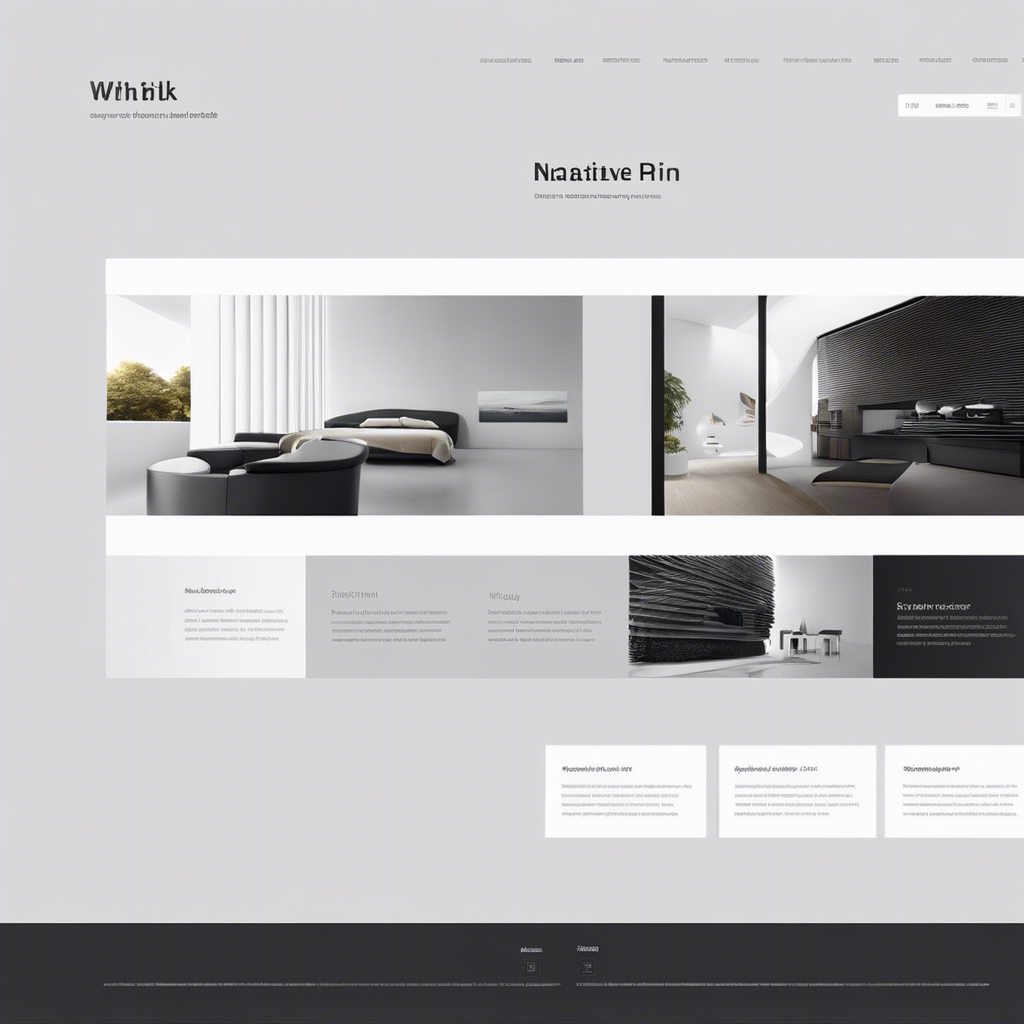So, you’re wondering if an average Joe like yourself can actually become a web developer? Well, let me tell you, my friend, it’s not as far-fetched as you might think.
While web development may seem like a daunting field filled with complex coding languages and technical jargon, it is entirely possible for someone with determination and a willingness to learn. With the abundance of coding bootcamps, online courses, and degree programs available, you have access to the resources needed to acquire the skills necessary for web development.
Problem-solving and self-directed learning are key attributes for success in this field, and staying updated with the ever-evolving industry is a must.
So, buckle up and get ready to dive into the world of web development, because you, my average friend, can absolutely become a web developer.
Key Takeaways
- Coding languages such as JavaScript, HTML, CSS, and Python are essential for web development.
- Understanding design principles and user experience is crucial for creating functional and visually appealing websites.
- Problem-solving and self-directed learning are key attributes for success in web development.
- Building a strong coding portfolio and gaining prior experience through internships or freelance work can enhance job prospects.
Necessary Skills for Web Development
To become a web developer, you’ll need to acquire the necessary skills in coding languages and understand when and how to use each one. Programming and markup languages such as JavaScript, HTML, CSS, and Python are essential for web development. These languages allow you to create interactive and visually appealing websites.
You can learn these skills through various means, including online courses, coding bootcamps, or pursuing a degree in computer science. Backend programming languages like Ruby, PHP, and Java are also important for handling data and server-side operations.
Additionally, having a good understanding of design principles and user experience will help you create websites that are both functional and visually appealing.
Resources for Learning Web Development
One of the key resources for learning web development is online courses that cater to various skill levels and learning styles. These courses provide a flexible and accessible way to learn the basics of web development and develop advanced skills. They offer a range of topics, from HTML and CSS to JavaScript and backend development. Online courses also allow you to learn at your own pace and fit learning into your schedule.
Another resource worth considering is web development bootcamps, which offer intensive, hands-on learning experiences. These bootcamps focus on practical skill development and often have high employment rates. They can be a good option for those looking to quickly gain the necessary problem-solving skills and enter the industry.
Ultimately, the right resource for you’ll depend on your goals and timeline, but both online courses and coding bootcamps can provide valuable resources for becoming a web developer.
Choosing the Right Programming Language
When becoming a web developer, it’s important for you to consider the programming language that best suits your goals and career aspirations.
As a web developer, you’ll need to learn programming and markup languages such as JavaScript, HTML, CSS, and Python.
The choice of programming language depends on several factors, including the type of web developer jobs you want to pursue. According to the Bureau of Labor Statistics, frontend developers typically work with HTML, CSS, and JavaScript to create the visual elements of a website, while backend developers use languages like Python, Ruby, or PHP to handle the server-side functionality.
Additionally, it’s essential to consider the demand for specific programming languages in the digital industry. By researching the job market and understanding the skills required, you can make an informed decision about which programming languages to learn.
Exploring Web Development Career Paths
Consider your options for a web development career path.
When it comes to becoming a web developer, there are various routes you can take. Higher education, such as a traditional college degree or an associate’s degree, can provide you with a solid foundation in web development. However, it’s important to note that employers are increasingly valuing skills and experience over formal education.
Building a strong coding portfolio and gaining prior experience through internships or freelance work can greatly enhance your chances of landing a web development career.
Another option is attending a Web Development Bootcamp, which offers project-based learning and can be completed in a shorter amount of time compared to a traditional college program.
Regardless of the path you choose, learning to code and acquiring essential web development skills are the most important things for a successful career in this digital field.
Tips for Kickstarting Your Web Developer Career
To kickstart your web developer career, you need to focus on building a strong foundation of coding skills and continuously improving them. Start by getting started with online courses or tutorials that teach you the basics of web development skills.
Learn both frontend web development, which focuses on the visual and interactive elements of a website, and backend web development, which deals with the server-side operations. As you progress, consider specializing as a frontend or backend developer, or even aim to become a full-stack developer with expertise in both areas.
While a traditional degree can be helpful, it isn’t always necessary. Building a website or working on freelance projects can provide valuable hands-on experience. Networking with other developers and staying updated with industry trends is also crucial.
With dedication and continuous learning, you can enter the workforce as a skilled web developer.
Frequently Asked Questions
Is It Hard to Become a Web Developer?
Becoming a web developer may seem daunting, but with the right mindset and determination, you can conquer the learning curve. Acquire necessary skills through online resources, coding bootcamps, or self-teaching. Adapt to industry trends, explore freelancing opportunities, and find the right balance in life.
Can a Non IT Person Become Web Developer?
Yes, you can become a web developer even if you’re not in the IT field. Start by seeking learning resources, overcoming challenges, acquiring the necessary skills, and taking advantage of support programs.
Is 30 Too Old for Web Development?
You might be surprised to learn that starting a web development career at 30 has advantages. Don’t let misconceptions about age hold you back. Many successful developers began later in life. It’s never too late to learn and leverage past experience.
How Long Does It Take to Become a Decent Web Developer?
It takes time and ongoing learning to become a decent web developer. Learning resources, practice, and building a portfolio are important. Common challenges can be overcome with key programming languages. Web development bootcamps and self-learning options are available.




